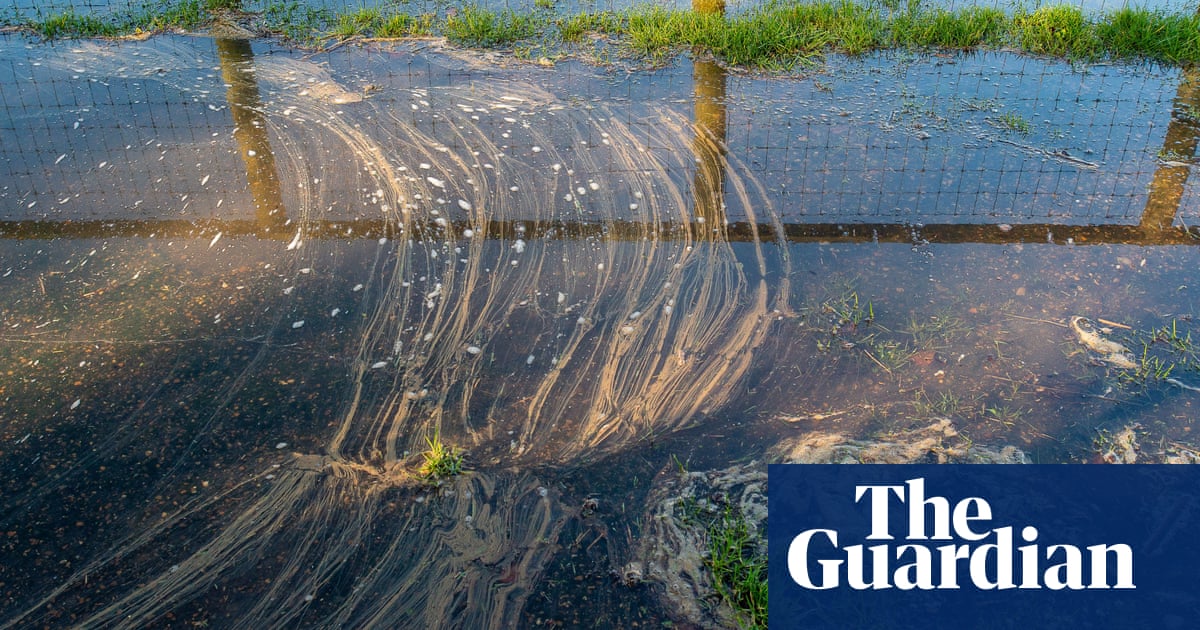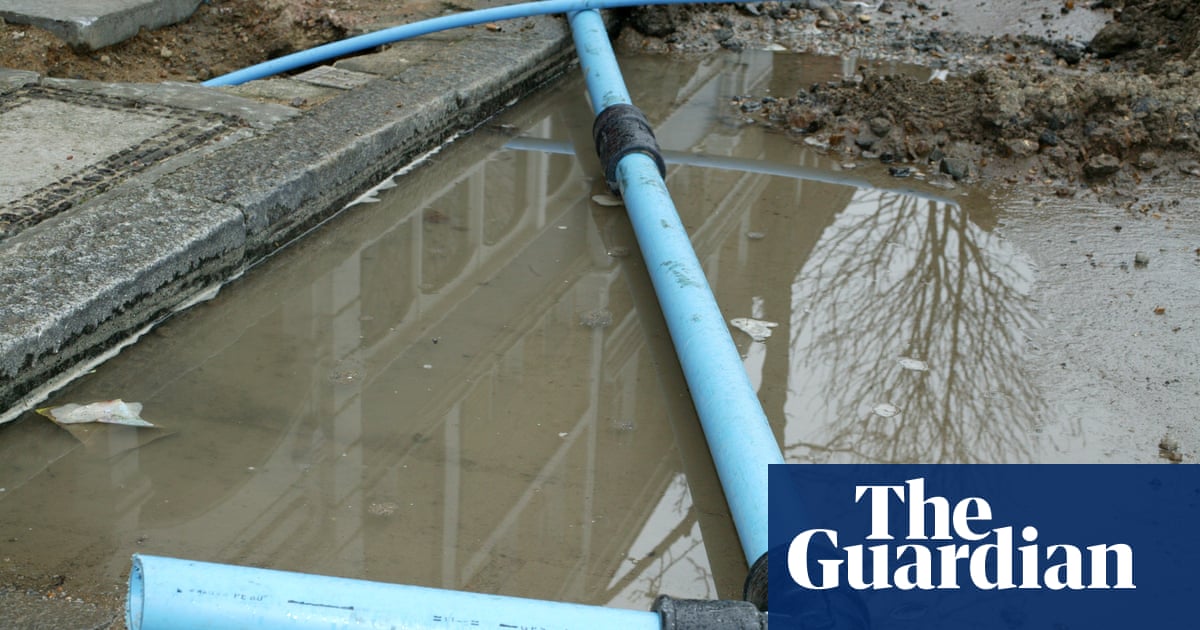
Thames Water expects to leak more water than previously thought, after its ageing pipes were overwhelmed by a deluge of rainfall, it has emerged.
Britain’s largest water company has told regulators it now expects to leak 585m litres a day this financial year, up from a previous forecast of 550m litres a day.
In an update to its service commitment plan, a document required by the regulator Ofwat which provides information for customers, Thames pushed up its forecasts for the next financial year, too. It expects to leak between 512m litres a day and 530m litres, up from the 507m previously forecast.
The revision will pile further pressure on debt-laden Thames Water to invest in its infrastructure, amid public and political anger over its sewage-dumping record.
It comes as the government and regulators are attempting to clamp down harder on the water industry. At the weekend, it emerged that ministers plan to ban bonuses for water company bosses who fail to prevent illegal sewage spills. Meanwhile, Ofwat unveiled sanctions for water companies who provide poor service.
The updated leakage figures from Thames Water, which serves 15 million customers across London and Thames Valley, show an improvement on the 2022-23 financial year, when it leaked 620m litres a day.
The Guardian revealed last year that Sarah Bentley, Thames’s former chief executive who abruptly left, had told the government that hitting its leakage targets would be “very challenging to achieve”. At the time, Bentley blamed the hot, dry weather in 2022, followed by a wet winter, for exacerbating leaks from the network and from customers’ homes.
Thames Water said that since then, progress had been undermined by wet weather, including heavy flooding in January which overwhelmed its network. The heavy rains caused flooding in its sewers, even delaying the start of school term at Eton college because the toilets in its boarding houses backed up.
Thames said the heavy rainfall, combined with a high water table, had put “huge pressure on our sewers and pumping stations”. The company has argued London’s corrosive soil and the age of its infrastructure – with nearly half of the capital’s mains more than 100 years old – is to blame for its leakage record.
However, Thames has been criticised for under-investing in its infrastructure, including during the tenure of its former owners, a consortium led by Macquarie, which completed its exit from the business in 2017.
The company is now labouring under a £14bn debt mountain and last year its auditor warned it could run out of cash by April.
Robbie Moore, the floods minister, said last week that the government and Ofwat were scrutinising Thames’s commitments on leaks, customer service and polluting Britain’s waterways.
A Thames Water spokesperson said: “We have a refocused turnaround plan that aims to deliver for our customers and the environment and are prioritising in a number of areas including improving performance in leakage.
“While we were making good progress during the first six months of 2023/24, we have been unable to mitigate the environmental impacts, essentially ‘weather’, experienced during the autumn and winter which has meant that we will out-turn year four higher than our planned forecast.
“Alongside this, the health of our assets has been declining over recent decades and is another cause of our current performance challenges.”
The Environment Agency told Thames last year that it needed to do more to fix its leaking pipes before projects to take water from the River Thames or from Wales to tackle drought were considered.
Its plans to tackle periods when water resources are tight include abstracting millions of litres a day from the Thames and replacing it with treated effluent, as well as taking 155m litres a day from Wales.
The company is hiking average annual bills by £15 to £471 from April, and then a further £175 to £611 over the five years from 2025. Over the same period, it hopes to spend £18.7bn, including £4.7bn to improve service quality, and it plans to replace 54,000 lead pipes.











